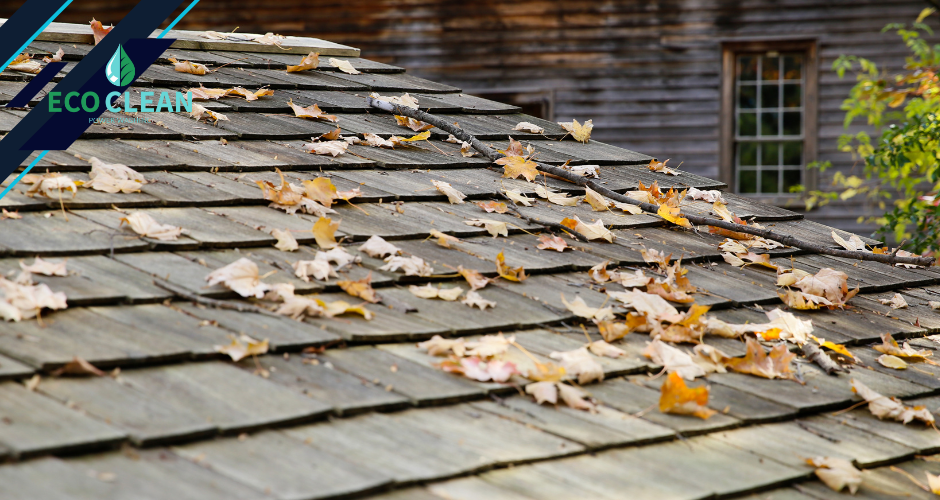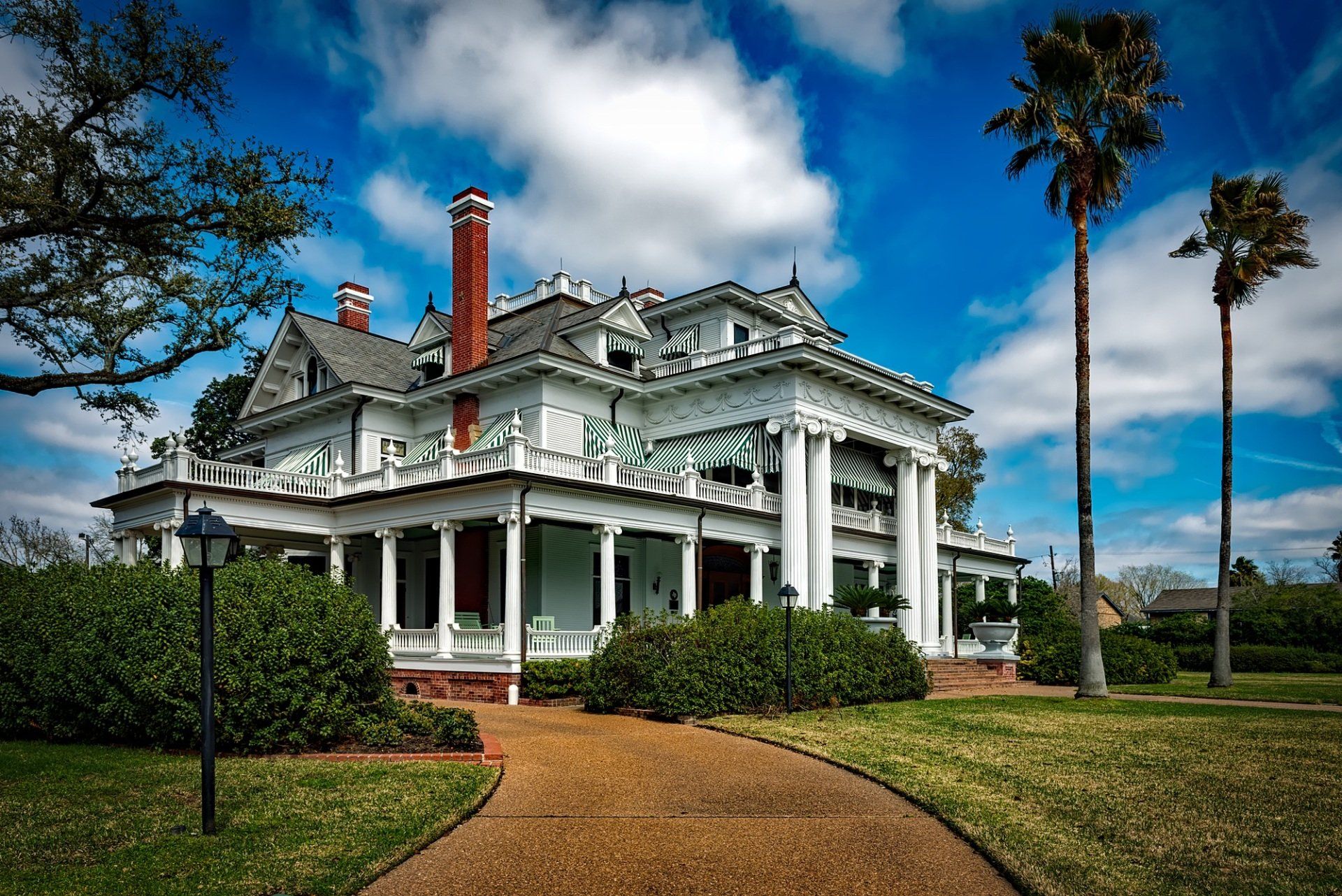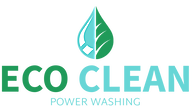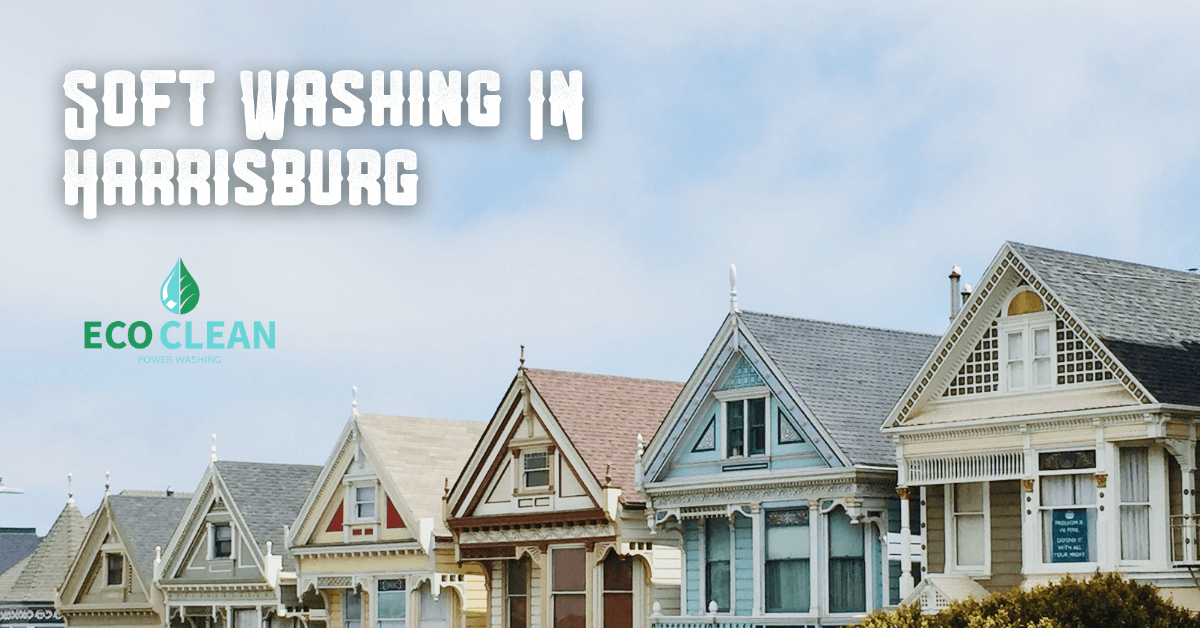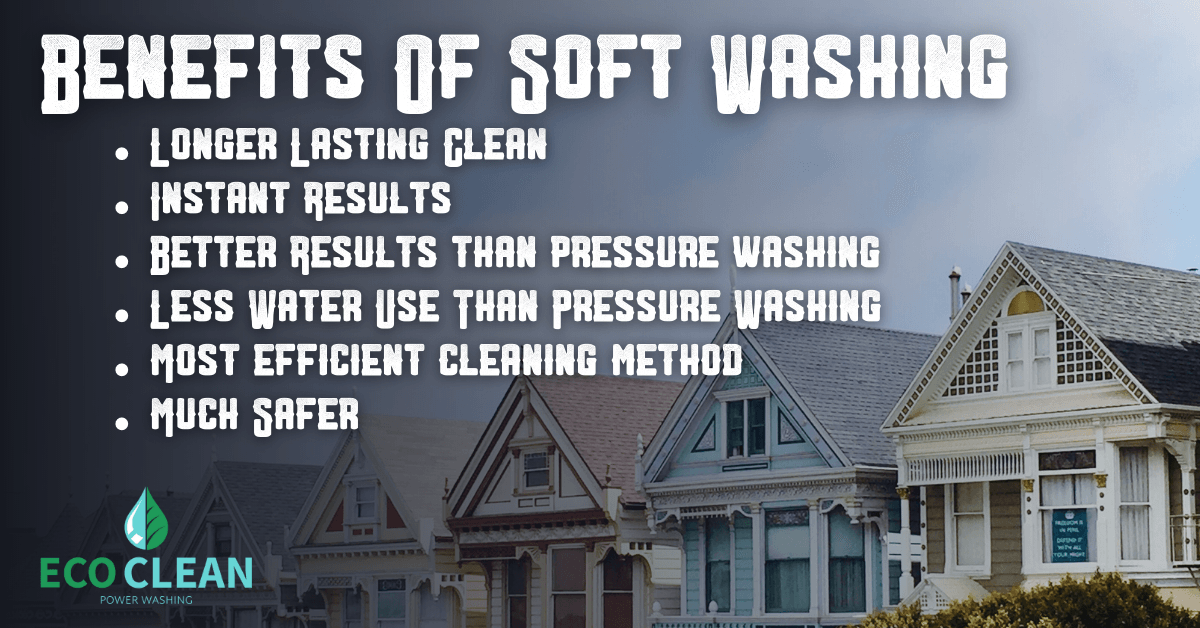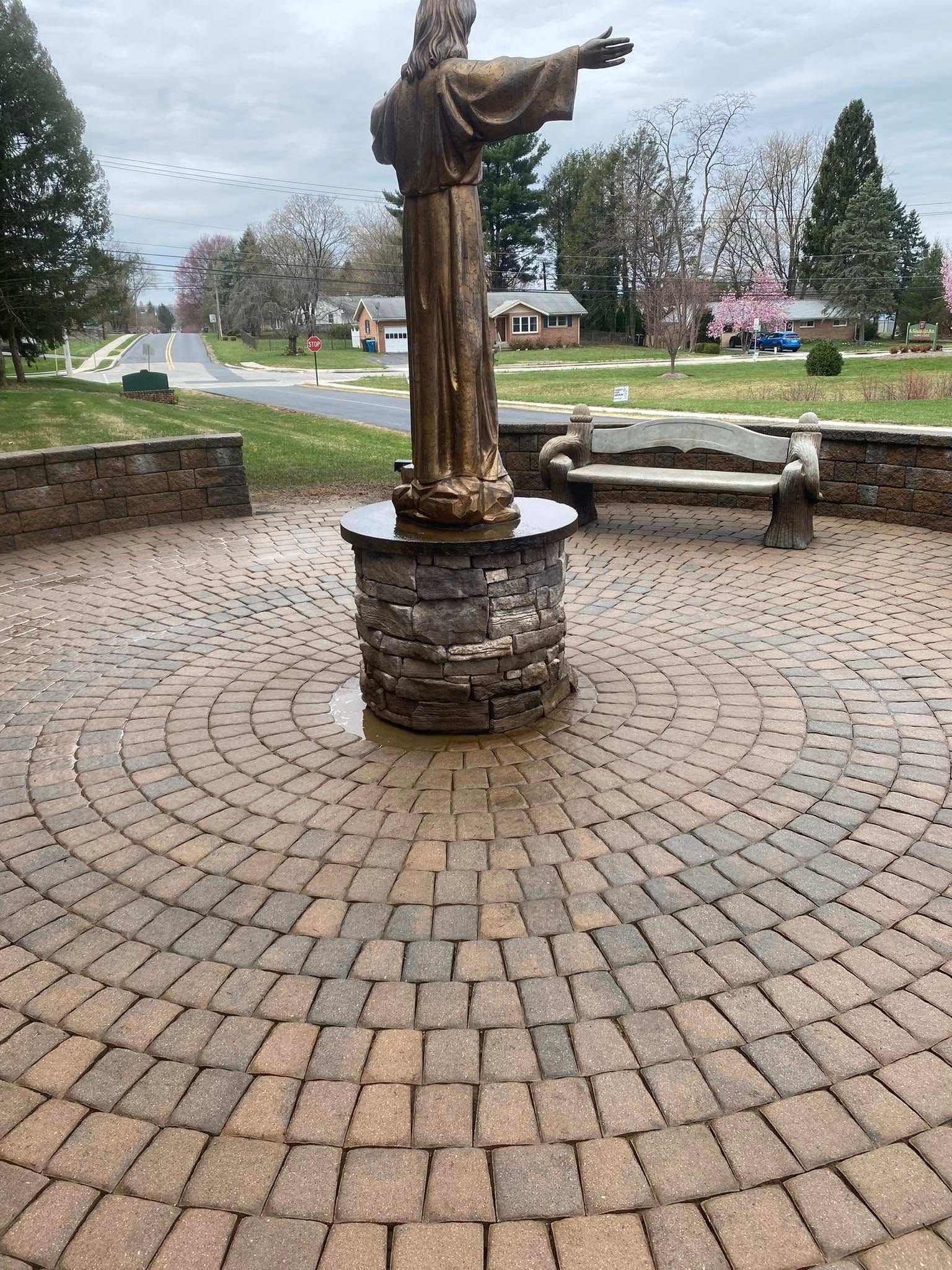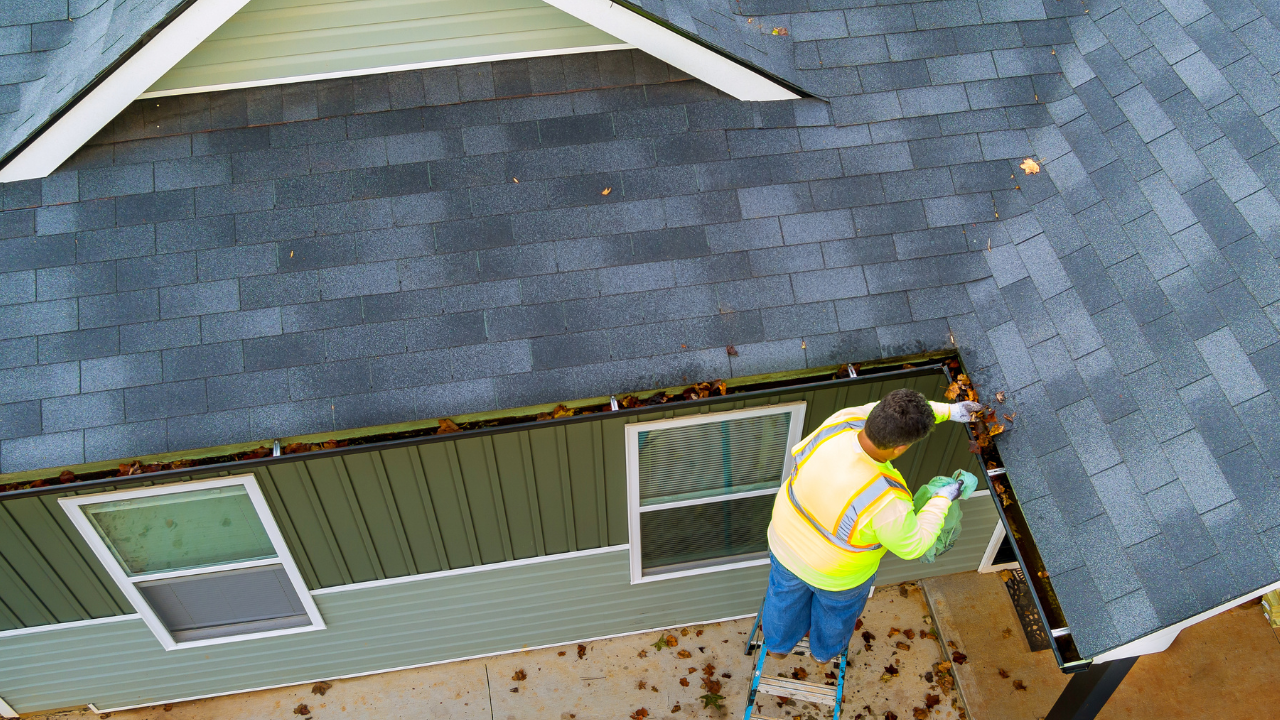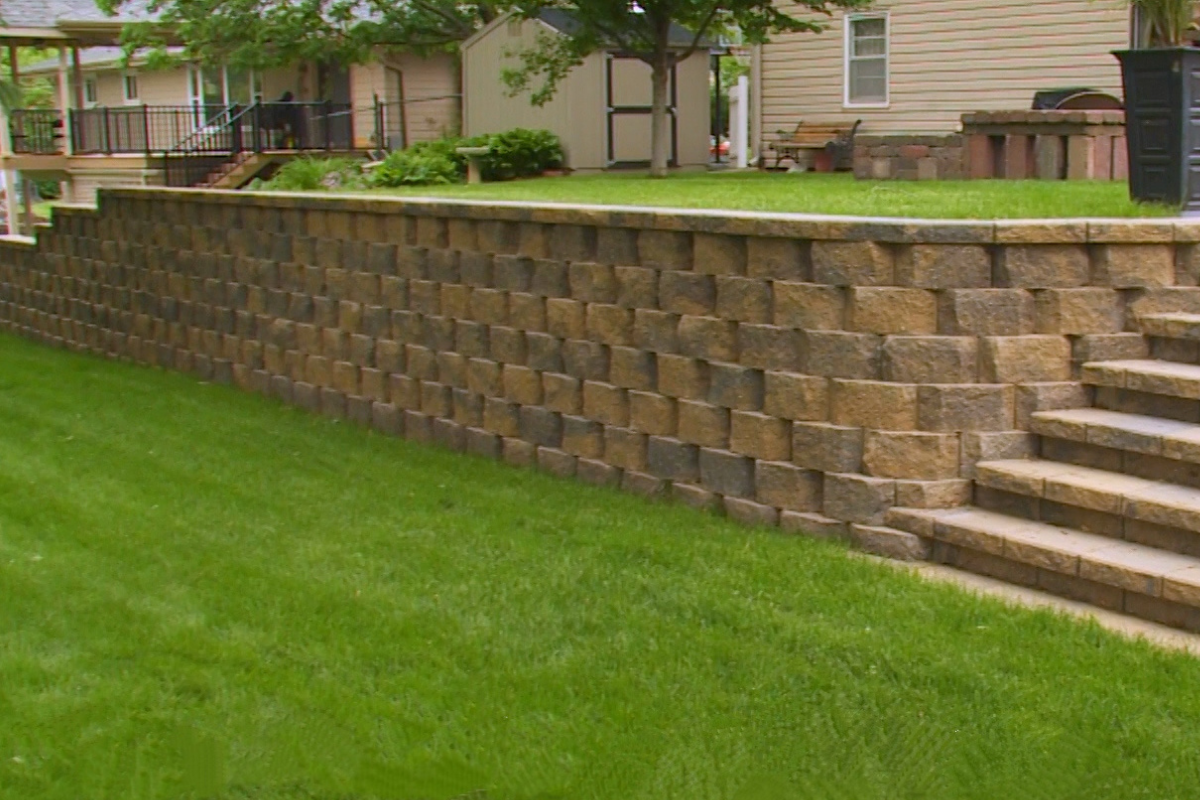Soft Washing Services Explained | Eco Clean Power Washing
Learn More About Soft Washing | Mechanicsburg Pennsylvania
This article discusses soft washing, a type of exterior cleaning that uses sodium hypochlorite to remove mold, mildew, and other organic materials from exterior surfaces. The soft washing process can be used on houses, roofs, driveways, decks, and more.
The soft washing process is similar to pressure washing in many ways. However soft washing does not require the use of high pressure to achieve a clean finish.
A soft washing system mixes in sodium hypochlorite with water and sprays the mixture on a surface being cleaned.
The soft wash solution penetrates deep into a surface's cracks and pores to remove dirt, oils, and pollutants.
Soft washing is an excellent alternative to pressure washing because it does not damage exterior surfaces as high pressure can.
Soft washing has been proven to be an effective exterior cleaning method for many homes, buildings, and other surfaces.
Is Soft Washing a better alternative to pressure washing?
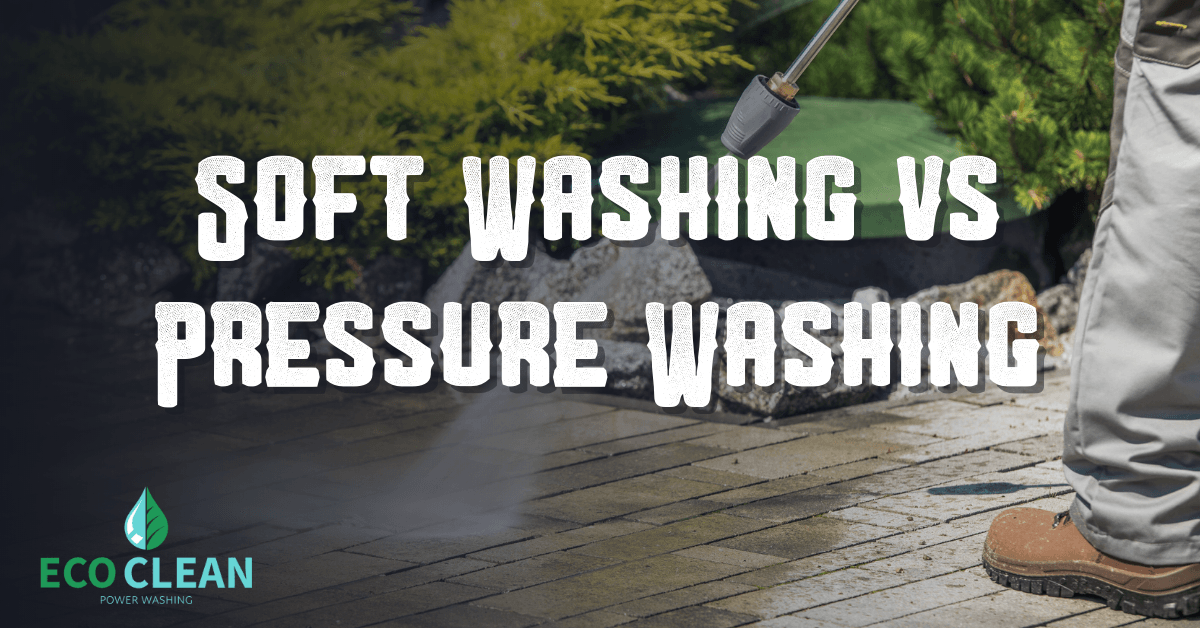
What are soft wash solutions?
The most popular soft washing solution consists of an algicide known as sodium hypochlorite. This is the same chemical used in swimming pools to remove the harmful algae colonies.
Why is soft washing ideal for exterior cleaning?
Soft washing is ideal for exterior cleaning because it has a much lower chance of causing harm to the surface than other cleaning methods such as brushing or power washing.
What are some benefits of soft washing?
Here are a few of the main benefits of soft washing:
- Longer Lasting Clean
- Instant Results
- Better Results than pressure washing
- Less Water Use Than Pressure Washing
- Most efficient cleaning method
- Much Safer Than Pressure Washing
How does soft washing work?
Soft washing works by first applying a coat of soft washing solution. The soft wash solution is generally a mixture of algicide and surfactant. Once applied, the soft wash solution gets to work breaking down algae, mold, mildew, spider webs, dirt, and more. After about 10 minutes, the soft washing solution is thoroughly rinsed from the surface.
Soft washing can be used to clean:
- Stucco Siding
- Vinyl Siding
- Brick Surfaces
- Concrete Surfaces
- Metal Surfaces
- Shingle Roofs
- Hardi board Siding
Eco Clean Power Washing offers Soft Washing Services In Service Area Below:
